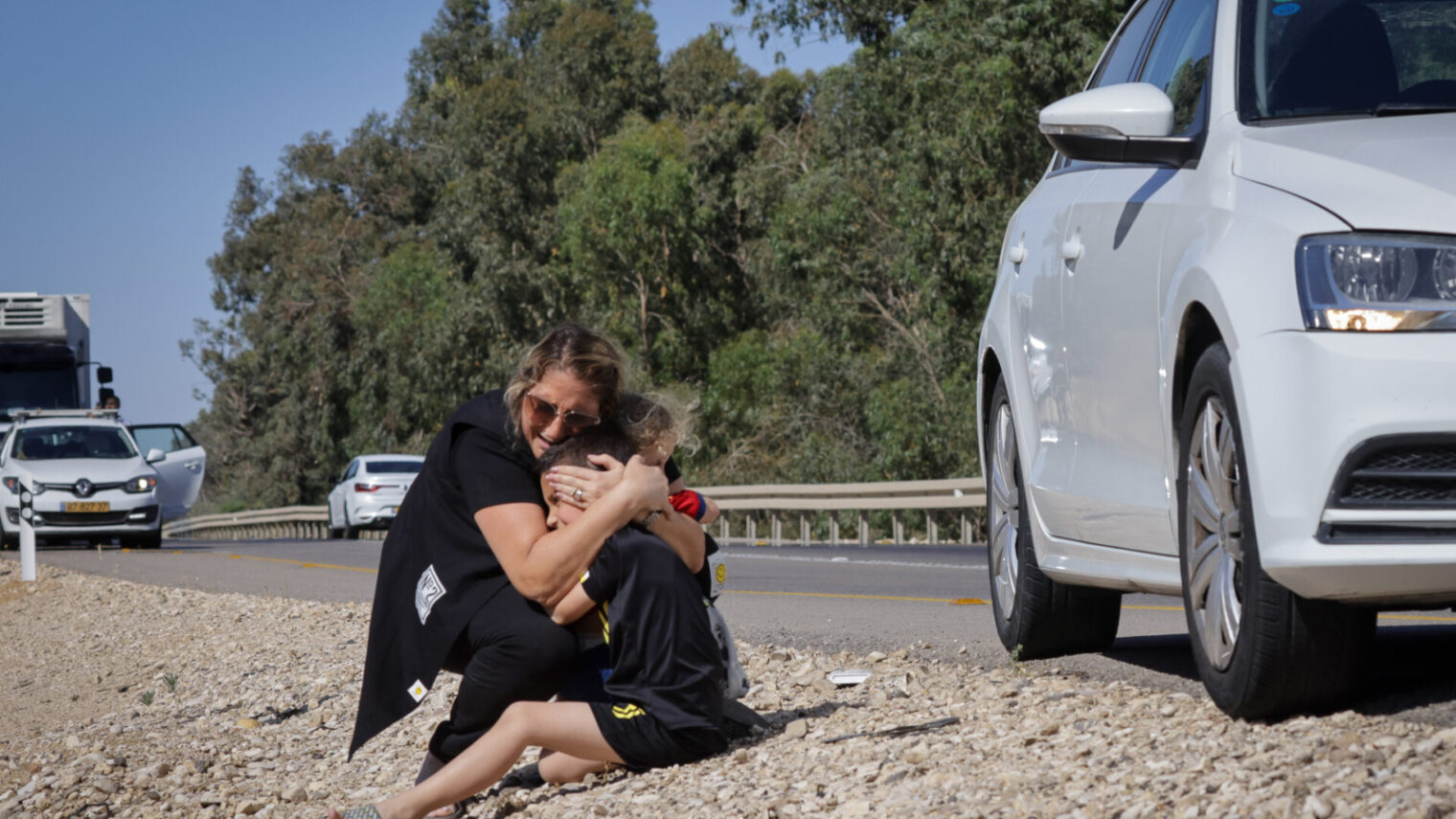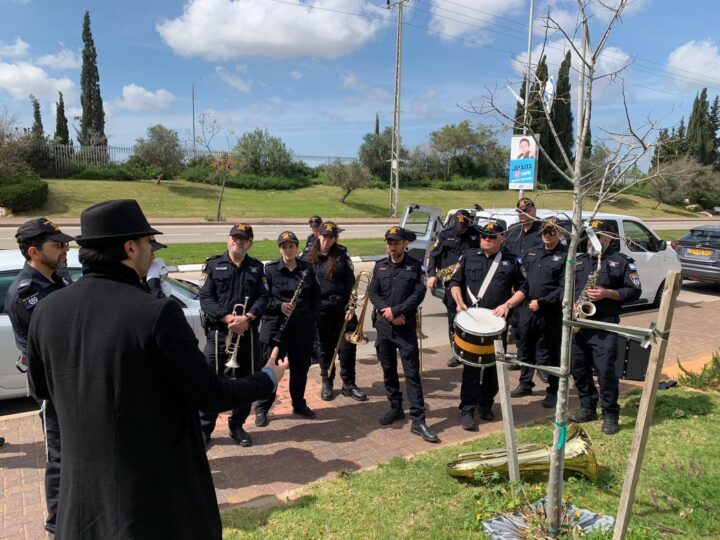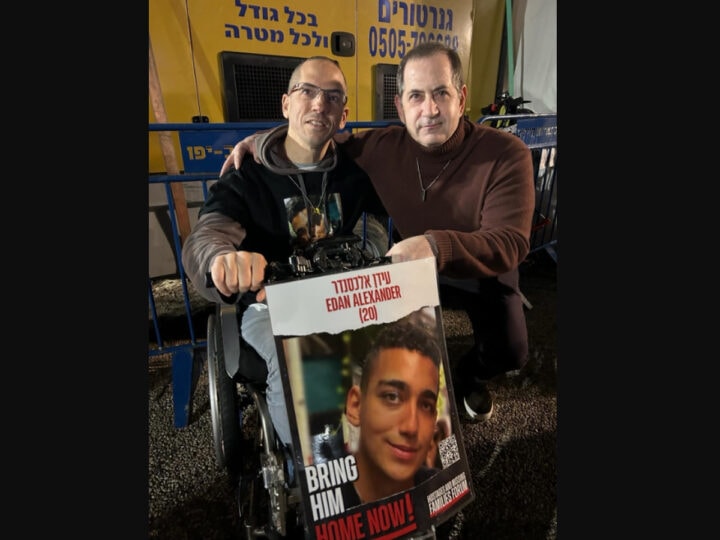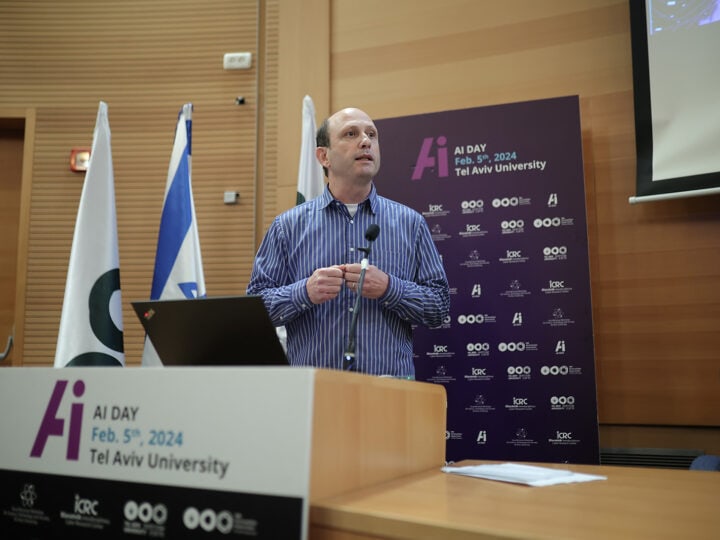One of the adages that has accompanied Israel for years, and even more so since war broke out on October 7, is that Israel is a country with Post Traumatic Stress Disorder. But that is not completely accurate.
“People always say that Israel is a country with trauma,” notes Dr. Nitsa Nakash, a psychiatrist at Sheba Medical Center. “And I always reply that trauma is an event, trauma is not a condition. But yes, the country as a whole has experienced traumatic events.”
Indeed, she acknowledges, all Israelis are experiencing traumatic events.
“When a rocket siren catches you outside and you have to lie flat on the ground, even if it’s on the grass in Yarkon Park in Tel Aviv, and you have interceptions above you – that’s a traumatic event. But of course, compared to a soldier in Gaza, or a person who was in the massacred communities in the south or at the [Nova music festival] party, or security personnel or ZAKA personnel, it’s a lower-intensity event,” says Nakash.
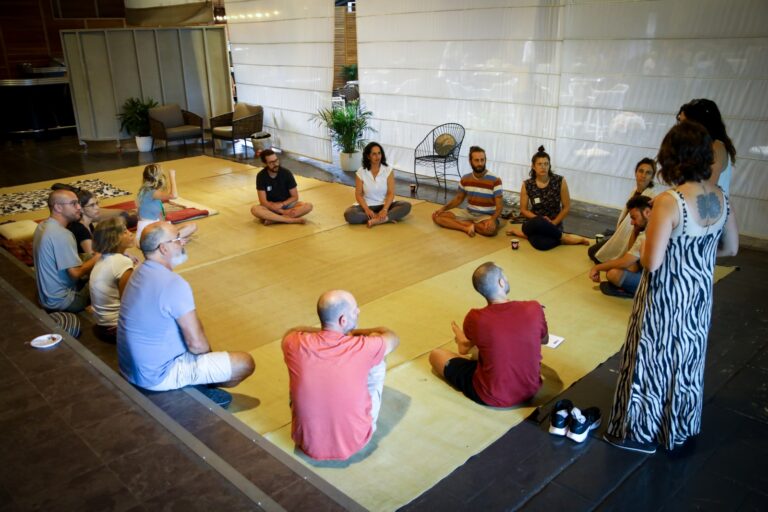
“Trauma is an event in which a person feels in danger and doesn’t have the emotional tools or resources to deal with it,” adds Taly Levanon, CEO of the Israel Trauma Coalition.
“The trauma gets stuck, and that person finds it difficult to move on. The trauma manifests itself in a person thinking about it the whole time, or completely avoiding anything that reminds them of it, or by the trauma making itself present on different occasions without control,” Levanon says.
“Trauma is measured on a timeline. A lot of reactions are completely normal – being scared, or frightened, or getting excited from something or stuck over it. All these are normal. Trauma is measured when these reactions don’t pass after a day or two,” and the person is still unable to function as usual socially, emotionally and physically.
“Most people deal well with trauma, but it depends on the strength of the trauma and the tools that they have. In our case, October 7 was of course a highly intense trauma, not only on a personal level but also for a lot of people around us, which really magnifies this feeling that people are contending with it,” says Levanon.
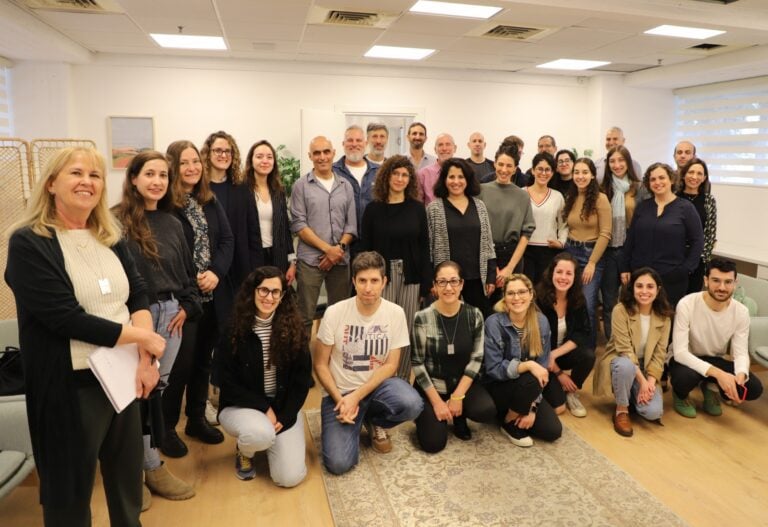
The path of resilience
Nakash concurs, but adds a hopeful note.
“Research from around the world, and also here in Israel prior to October 7, shows that most people will go down a path of resilience. Most people have resilience and will move on and won’t suffer from psychopathologies. The events will leave their mark mentally, but it doesn’t have to reach places such as clinical depression or OCD.”
Also, she says, people can grow from trauma.
“We saw that a lot with Holocaust survivors. People arrived here in the 1940s following all the awful things that they had been through, and established families and built this country. We mustn’t forget that.”
Trauma treatment today
Those who do seek treatment for the effects of trauma, however, will be able to do so on a scale never before seen in Israel.
Fifty years ago, after the Yom Kippur War, trauma treatment was virtually unheard of. But now both soldiers and civilians have an array of options awaiting them.
Israel’s Ministry of Defense designated Jerusalem’s Herzog Hospital as the official center to treat soldiers, police officers and security personnel suffering from mental health/PTSD problems in greater Jerusalem and the south of Israel.
Herzog psychiatrists, psychologists and social workers will offer short-term and long-term group and individual therapy not to only those affected by what they saw and experienced in the current war but also to veterans of conflicts dating back to the Yom Kippur War who never received proper psychological support for severe trauma.

Another new option is Tel Aviv University’s National Center for Traumatic Stress and Resilience. The center was slated to open in about two years, but the university decided to open in early January because of the scope of trauma since the outbreak of war.
“The clinic specializes in treating post-traumatic stress disorder in all its manifestations, and it’s unique in Israel in terms of its size,” says Prof. Yair Bar-Haim, the head of the center.
The clinic’s 33 staff members will use evidence-based treatments.
“We hired 10 therapists from the field, who have between 15 and 40 years of treating trauma each – some of them gave up parts of their own private clinics – and we have 10 clinical professors from the university with experience in this area that will be providing treatment hours to the public. Together, we plan on treating a large amount of people,” he notes.
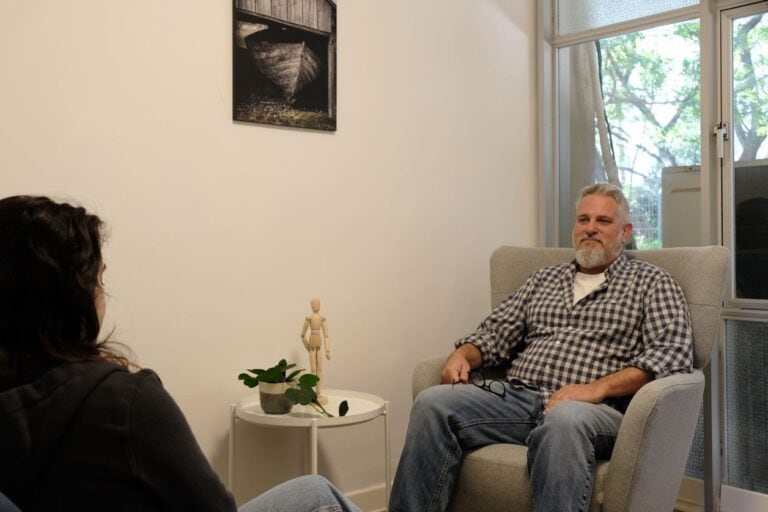
“People can turn to us with any kind of trauma. It doesn’t only have to be trauma related to this war, although we anticipate that there’ll be lots of that. We anticipate reserve soldiers returning home with severe symptoms, people who experienced trauma in the south around October 7, people who were living or fighting in the kibbutzim, or people who were caught in the Nova festival. Then there are also additional populations, such as people whose areas of residence have been affected by rockets, as well as other cases.”
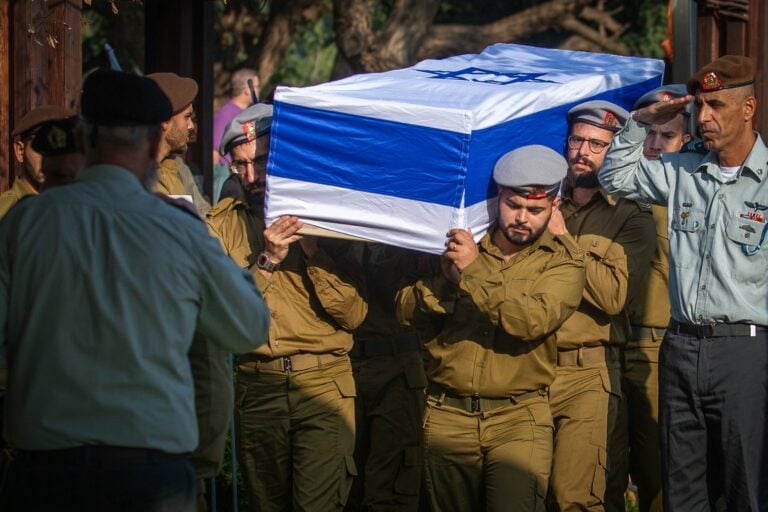
Bar-Haim says the center is also dedicated to research and to developing new treatments for post-trauma.
“There is an understanding that dealing with what happened in Israel will be very difficult in the short run, in the next few years. The ramifications of this trauma will last here at least 20 to 30 years, but in the short term, there’s an opportunity, a golden window, for more effective treatment,” he says.
Resilience centers
The Israel Trauma Coalition, meanwhile, is operating its 12 regular resilience centers across the country, and has opened another resilience center for the hundreds of thousands of people evacuated to hotels from their homes on the Gaza and Lebanon borders.
“It was a very big challenge that required a lot of flexibility,” notes Levanon. “We had to recruit therapists – I think we doubled our number of therapists – and we need to continue doing so.”
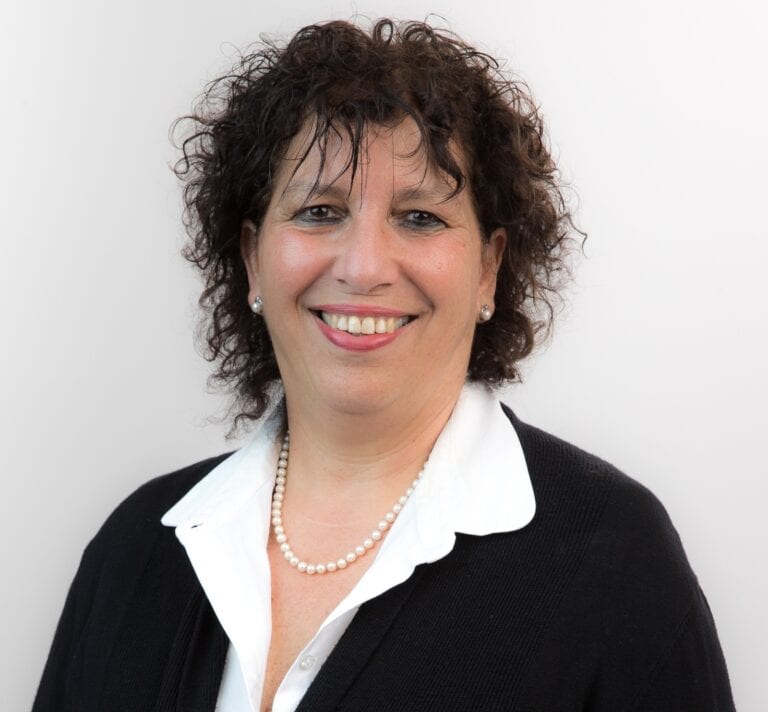
The ITC is also working intensively with first responders, with healthcare professionals and with the Social Welfare Ministry.
“We’re also providing a response to local authorities who are having to deal with what happened in their areas, and are building up partnerships in this field,” Levanon says. “We’re working very hard.”
Processing everything
At Sheba Medical Center, existing trauma and rehabilitation clinics have been expanded, and new fields of activity have been added.
“We’ve been dealing with disorders that follow trauma for many years,” Nakash says. “We have a huge clinic for treating wounded veterans; we have my clinic, which specializes in very specific treatments of cognitive behavioral therapy; and in the rehabilitation wards we have therapists who have been trained to treat people with severe injuries following traumatic events.”
In the rehab wards for wounded soldiers, psychologists and psychiatrists meet with patients immediately upon admission.
“They’re helping people to process everything they’ve experienced during fighting – loss of friends, loss of physical abilities, dealing with physical injuries ranging from light ones to very severe ones,” says Nakash.
In the Sheba psychiatric wards, professionals have been treating old and new war veterans for their symptoms, and conducted a large project with the survivors of the Nova festival.
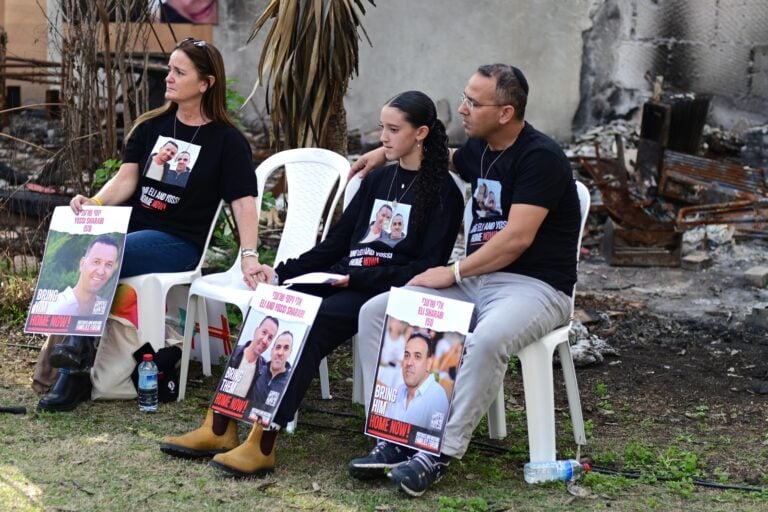
Psychiatrists also traveled to Eilat to treat people evacuated from their homes and have been training other professionals both in and out of the hospital. In addition, Sheba received some of the people freed from Hamas captivity and continues to follow up as necessary.
Permission to be sad
Levanon from the Israel Trauma Coalition says it is “very sad and difficult to deal with things when the issue of the captives is still present. It’s also very difficult dealing with the news every day, and with a war that’s not ending and with the lack of certainty.”
Uncertainty, she says, weakens resilience.
“There are people who still don’t know where they’ll be living and don’t know how long this situation will last. Similarly, the fact that the return to educational frameworks has only been partial is also very challenging,” Levanon says.
“And yet, I don’t want to only present the hardships. Our challenge as professionals is giving people as many tools as possible to deal with things on a daily basis and look at things in a normal way – to view the difficulty and sadness as a normal response to trauma and to exercise self-compassion.
“We’re allowed to be sad,” she concludes.




